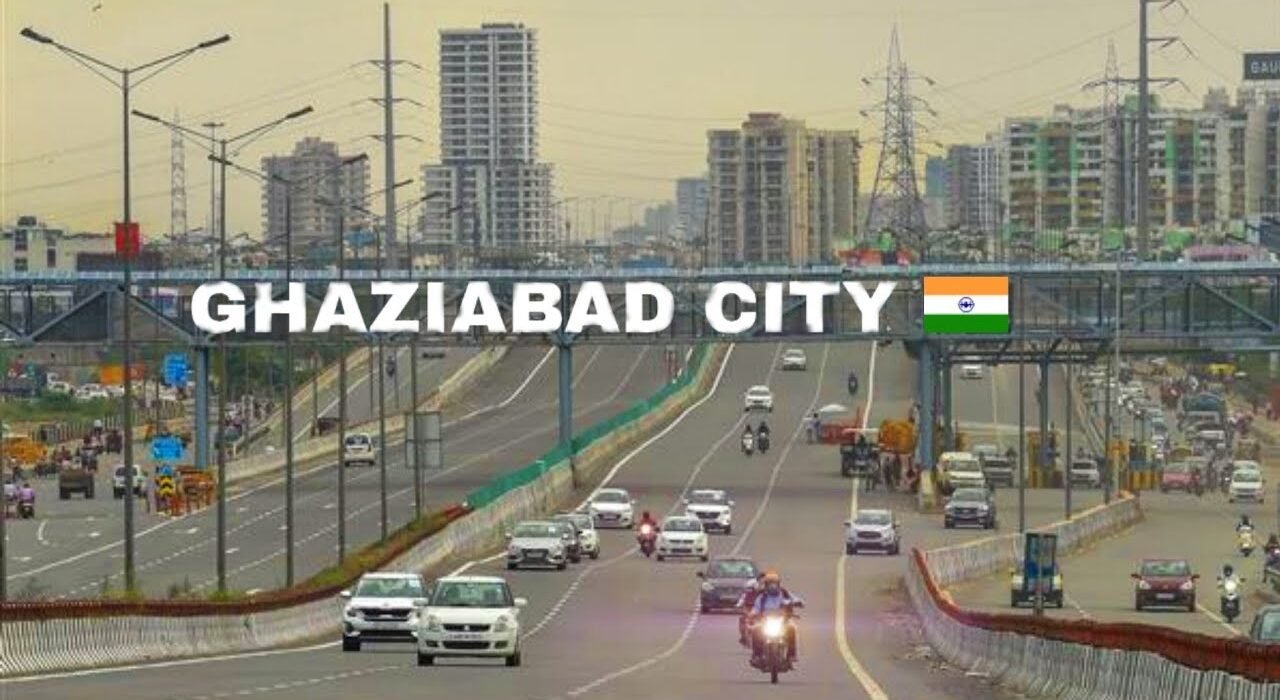Plotting in Ghaziabad, a city in the National Capital Region (NCR) that is growing quickly, has excellent investment options. To guarantee a safe and easy transaction, it is essential to navigate the legal ramifications. Here, we go over the main legal factors and procedures that need to be taken into account while buying a plot in Ghaziabad.
Verification of Title:
Checking the property’s title is the first and most important step in buying a plot. Verifying that the seller has a distinct and marketable story title is crucial. In order to verify whether there are any liens, encumbrances, or legal issues, buyers should obtain the original title deed and examine the ownership history. Hiring a legal professional to carry out a comprehensive title search can assist in preventing ownership and claim-related problems down the road.
Zoning and land use regulations:
When purchasing a plots in Ghaziabad, it is imperative to comprehend the zoning and land use restrictions. The plot must abide by the zoning regulations and the local master plan. The plot’s intended use—residential, commercial, industrial, or agricultural—must be confirmed by buyers. Any departure from the approved land use may result in complex legal issues and development limitations. To find out the plot’s zoning status, it is best to speak with the municipal corporation or local development authority.
Certificate of Encumbrance:
A crucial document that attests to the property’s freedom from debt or legal obligations is an encumbrance certificate (EC). It offers a history of every transaction involving the property over a predetermined time frame. The local sub-registrar’s office should provide buyers with the EC to make sure the plot is free of debt and has no outstanding loans or legal obligations. To prevent any financial or legal conflicts in the future, this step is essential
Acceptance by Local Authorities:
Buyers need to confirm that the plot has all the required approvals from local authorities before completing the purchase. Approvals for building designs, layout plans, and other regulatory compliances fall under this category. If these approvals are not obtained, there may be legal repercussions and even the possibility of the buildings on the land being demolished. It is crucial to confirm that the plot complies with the standards and guidelines established by the Ghaziabad Development Authority (GDA) or other pertinent organizations.
Change in Property:
Updating the property records at the local revenue department comes last after registration. By guaranteeing that the buyer’s name appears in the land revenue records, a procedure called mutation establishes legal possession. For the purpose of the mutation procedure, the buyer must submit an application to the local municipal office together with the registered sale deed and any other required documentation.
Conclusion: Purchasing a plot in Ghaziabad necessitates a number of legal procedures and considerations in order to guarantee a smooth and safe transaction. Important steps in the process include confirming the property’s title, adhering to zoning laws, acquiring an encumbrance certificate, making sure all essential approvals are obtained, and properly registering and changing the property. To ensure a seamless and fruitful plot purchase, the buyer’s interests may be protected, and these intricacies can be navigated with the assistance of real estate and legal professionals.







